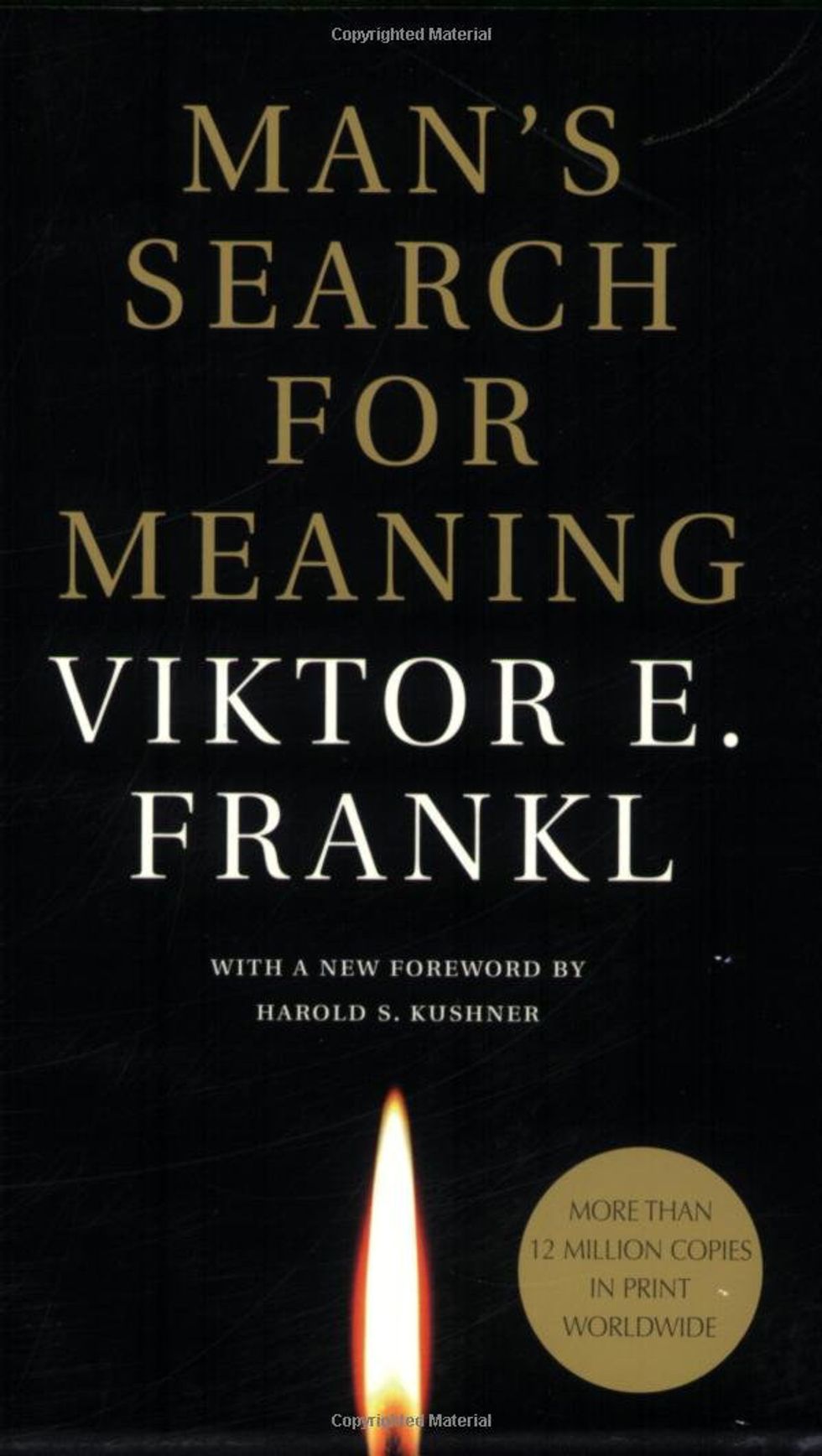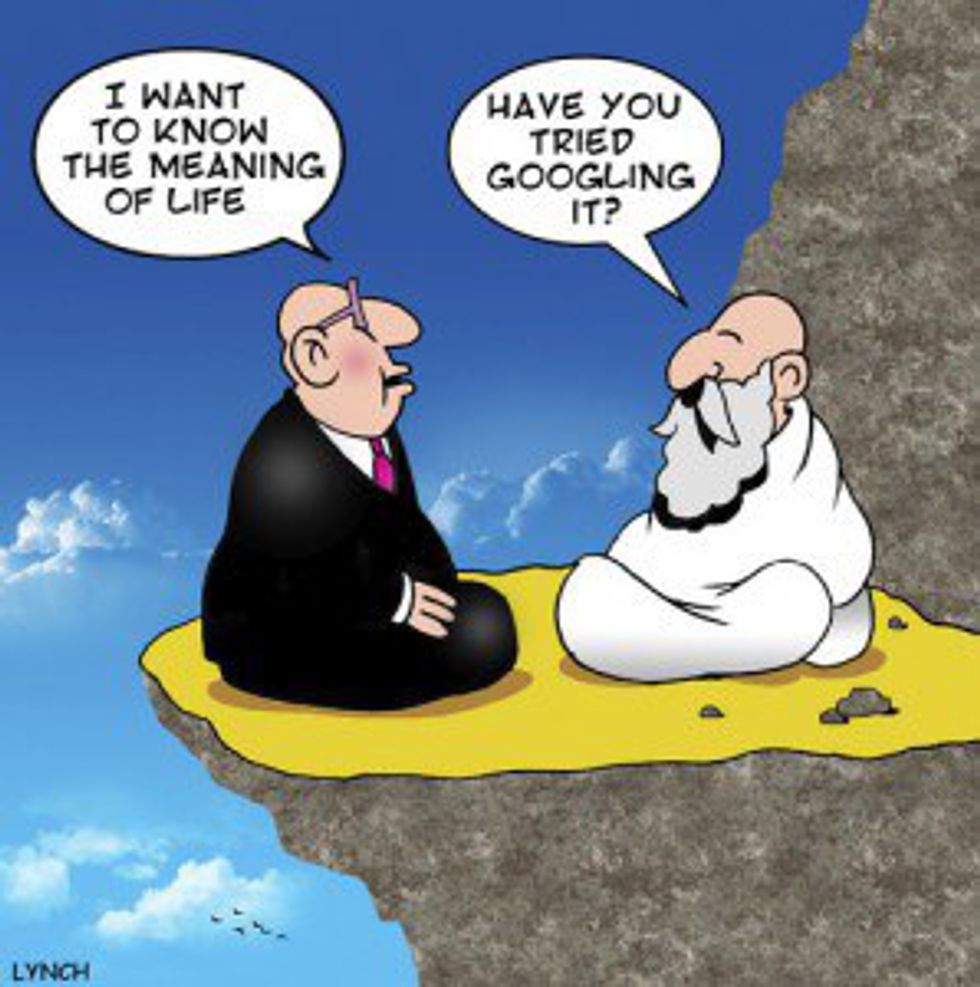For the past week or so, I have been reading "Man's Search for Meaning," a nonfiction book by Viktor Frankl, in one of my classes. I trusted this professor's taste in literature, but I assumed it was going to be another philosophical read that I would have interest in but eventually leave behind with the course. By the time I got a few pages in, it was clear to me that its contents went well beyond the classroom.
I believe that everyone should read this book and experience it for themselves, but I do want to share why it's so significant. Frankl reflects in the first part of his book on his horrific experience in Nazi concentration camps. What is so novel about this story is that he does not tell it as an informational piece about the Holocaust, but instead he focuses on how he was able to survive the seemingly insufferable ordeal. Combining his psychiatric background with his heinous experience allowed him to put together a new school of thought to help anyone who is suffering.
He explores this in the second part of his book, accurately titled "Logotherapy In a Nutshell."
For the sake of this article and for the sake of not giving away all of this book's secrets, I will just break down logotherapy into some of its most basic parts. Viktor Frankl focuses in this practice on the idea that every human being is looking for meaning in her or her life and no life is without meaning. There is meaning in each of our lives and it is our goal to find meaning in our own life, whatever that means to us as individuals.
What I found to be the most interesting and enlightening part of logotherapy's doctrines is how it differs from all other types of therapies. Most modern therapies focus on the pursuit of happiness and how to avoid pain and misery. Frankl takes this concept and nulls it. What he proposes instead is that we all experience some form of misery and suffering that is inescapable. What we must do then is not dismiss this suffering or invalidate it, but find meaning in it. When we find meaning in our suffering it is then that we can eventually find happiness and find it organically. You cannot tell a person to be happy when he or she is not, but you can help them find a reason to be so. Happiness is then not the focus, but an outcome. He does, however, mention that if suffering can be avoided, it should be. There is no meaning in suffering that doesn't have to happen.
I've only just scratched the surface of this amazing ideology, but it all sounds much better coming from Viktor Frankl than it does coming from me, anyhow. You can click here for more information about what logotherapy can really mean.
Happy learning!






















